
Every year Freedom House publishes a report on the state of Freedom in the World.[1] The 2013 report notes that “this is the seventh consecutive year that Freedom in the World has shown more declines [in freedom] than gains worldwide. Furthermore, the … data reflected a stepped-up campaign of persecution by dictators that specifically targeted civil society organizations and independent media.” In fact, while the report shows that 90 countries are now considered Free, 27 countries “showed significant declines, compared with 16 that showed notable gains.”
On the surface, one might think that the 2012 figures are primarily driven by backsliding in post-Arab Spring countries. But in fact, the decline started much earlier than that — in 2005 — after the early 2000s saw the relatively “freest” time in documented human history.
This is bad news for those who have argued that liberal democracy has essentially won the battle of political ideologies. Proponents of this view expected that the march toward greater freedom for all would be more or less linear — particularly after the fall of the Soviet Union. But we don’t see it spreading anymore. Instead, we see the reverse.
This trend hasn’t gone unnoticed. Last week, USAID issued an RFP for scholars to write a write paper and convene a working group to better understand why this happens.
So, PV@Glance readers, let’s help out our fellow researchers. What explains this backslide? Why are countries becoming less free?
[1] Of course, the definitions of “free,” “partly free,” and “not free” are debatable and many have found this think tank’s mission and methods controversial. For example, a key criterion for inclusion as a “free” country is the country’s status as an electoral democracy, although the Freedom House data also measure civil rights, freedom of the press, and now internet freedom. Critics have argued that these criteria wrongly privilege democracy and neoliberal economics over cultural, social, and economic rights. Ironically, scholarly studies show that if anything, Freedom House rankings tend to be higher for left-wing countries, reflecting something of a leftist ideological bias (at least in the early days). But leaving aside this debate for the moment, we can see measurable differences within Freedom House’s own rankings, and that’s the puzzle I’m focusing on in this post.
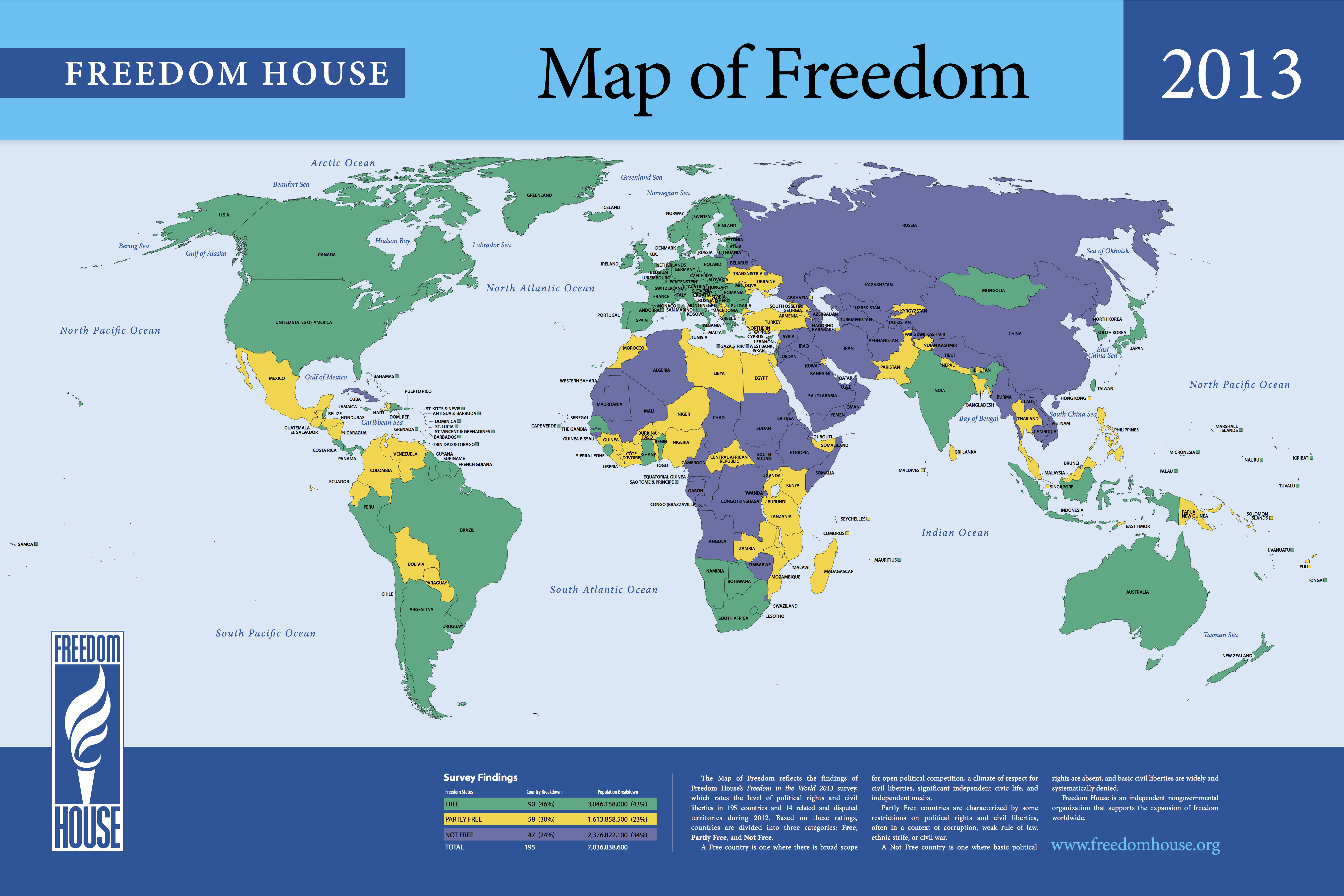

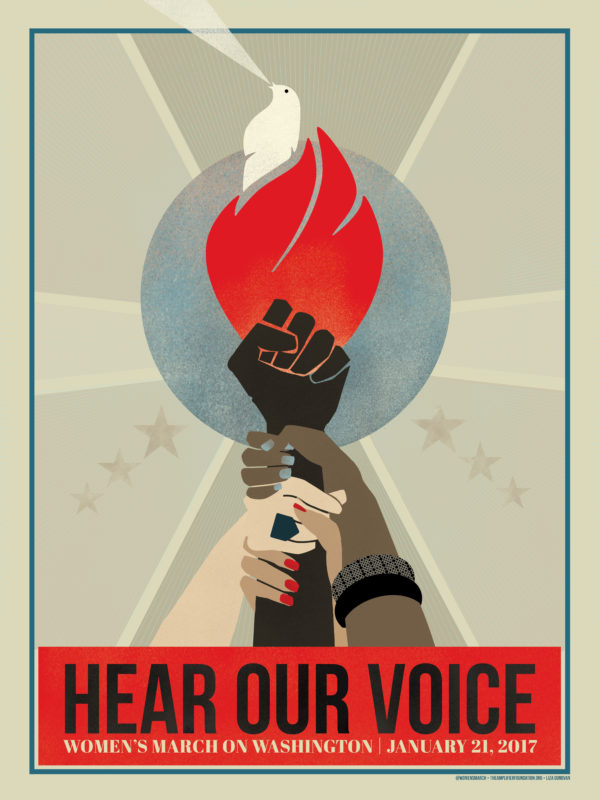
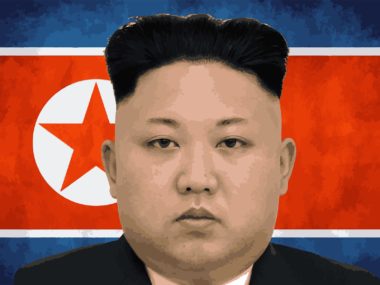

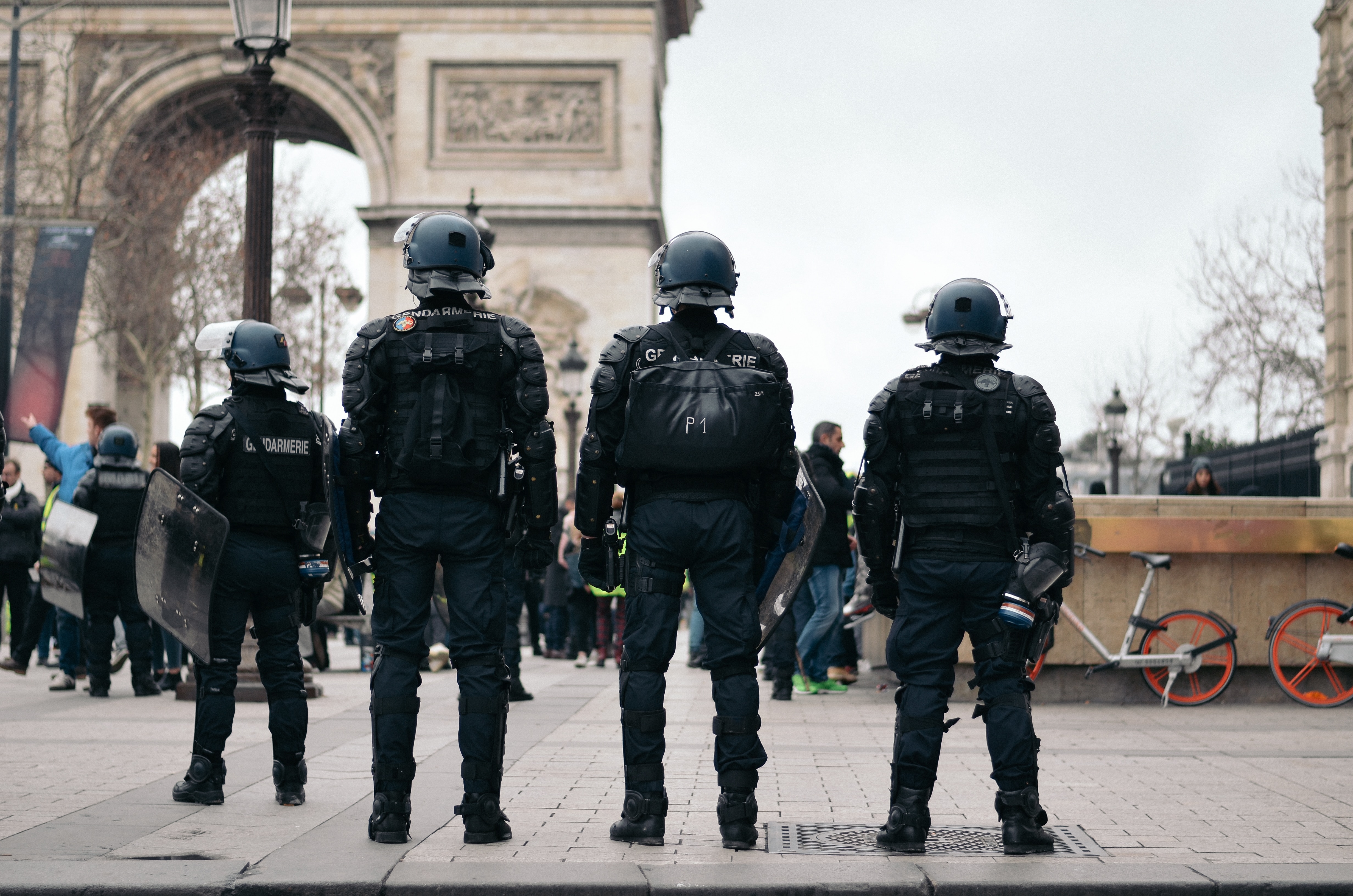
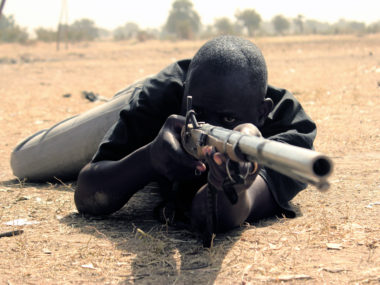
0 comments
Even if the world is progressing to a ‘free’ state (which is a bit dangerous to assume) it still seems pretty reckless to assume that it should be doing so on a year by year basis. Depending on when you lived you could argue that the world would be engulfed with even more wars than during the Cold War (the 1990s), that totalitarian ideologies are destined for victory (the 1930s), that the world would be united under a handful of governments (many points prior to the 1950s), that Malaysia was going to be won by Communist insurgents (the early 1950s) while South Vietnam was going to be peaceful (ditto), that you could not reconcile democracy with a strong state (any point prior to the 1860s) and so on and so forth.
Even if you happen to be right about something (or not) it could take decades to be fully apparent.
A lag effect of blowback as dictators were able to entrench themselves through opposition to the ill-implemented freedom agenda?
If you mean the Middle East I don’t see how that qualifies since, even if we assume Bush’s policies were a factor, the majority of the region was already authoritarian.
However the suggestion of entrenchment brings something else to mind. If we are looking at this with the assumption that the world has become less free, perhaps what we saw previously was a brief opening of political space in the 1990s that was then slowly closed.
Off the top of my head I would guess that the trend towards more “not free” governments compared to the early-2000s is at least partially due to a bunch of local causes. The big push towards more democratic governments in the 1990s and early-2000s was due to a worldwide event: the end of the Cold War. At least in my mind it would make sense for the end of that trend to be due to local factors once again coming to the fore.
Freedom House is, at least financially speaking if not de jure, an agency of the U.S. government. The main concern of the U.S. government is to serve the interests and desires of its ruling class, whose idea of freedom seems to be the freedom of Capital. Recent revelations of massive spying on its own and other people, and at least 70 years of fairly overt world-scale imperialism, suggest that one might want to takes its judgement about some vague universal notion of ‘freedom’ with a grain of salt or two. Although they do say it takes one to know one, so maybe they’re experts on freedom and its compromise and denial.
Stability. In 2008 the economic downturn added further stress to the rentier economies that have been trying to figure out how to balance IMF austerity and/or economic reforms with the imperative of “renting” the cooperation of their citizenry. When the balance slipped, regimes shifted to plan B: repression.
I wonder what the correlation would be between energy/other point-source commodity prices and freedom in the aggregate…Thomas Friedman isn’t my favorite, but there is something to the First Law of Petropolitics.
I agree with a couple of the other commenters that the premise of your question is false, or at least more ambiguous than Freedom House’s topline claims suggest. I’ve discussed this “democratic recession that isn’t” in a few blog posts over the past couple of years:
http://dartthrowingchimp.wordpress.com/2011/05/31/the-democratic-recession-that-isnt/
http://dartthrowingchimp.wordpress.com/2011/06/06/the-democratic-recession-that-isnt-an-addendum/
http://dartthrowingchimp.wordpress.com/2012/09/21/democracy-is-not-fading-away/
For 2012, four countries were coded as “less free” than they were the year before (i.e., their 2012 value for political rights was higher than their value in 2011): the Gambia, Greece, Nicaragua, and the Ukraine. Seven were more free: Ivory Coast, Guatemala, Niger, Singapore, South Sudan (if we assume South Sudan’s 2011 score would have been the same as Sudan’s 2011 score) Thailand, and Tunisia (the biggest mover). The rest stayed the same. By my back-of-the-envelope calculations, 65.6 million people became less free while 150.1 million became more free. The vast majority stayed the same – at least according to this rather crude outcome indicator.
Wish I had read Jay’s posts and saved myself the time 🙂